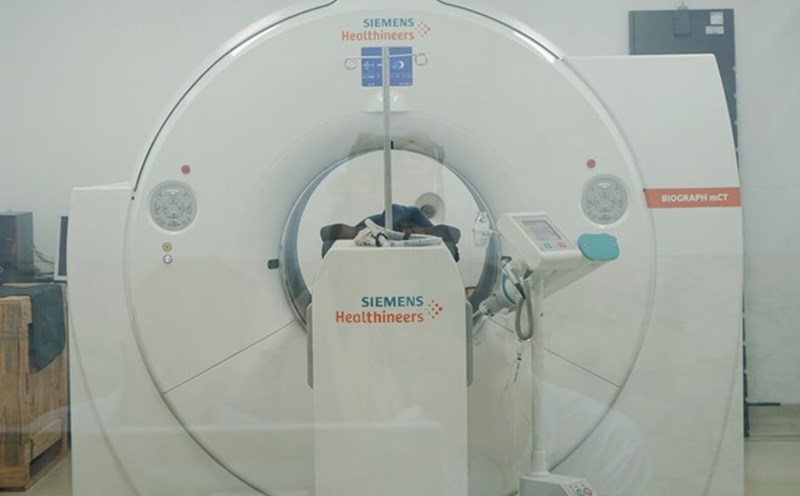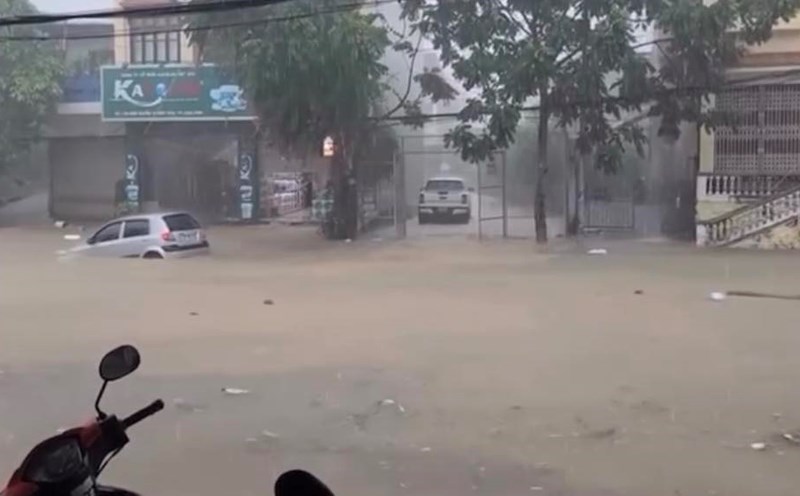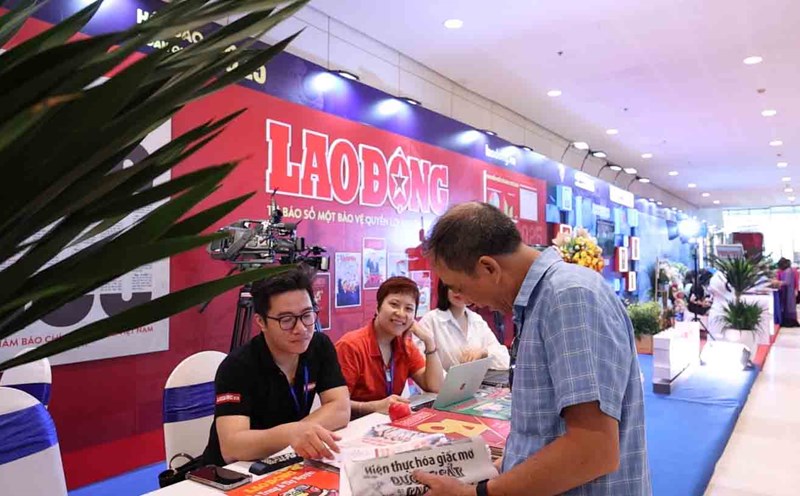With the ability to translate, synthesize, and even suggest content in just a moment, AI has helped a reporter following the global political situation like me save significantly on information processing time. The steps that used to take hours to look up, compare, and verify are now sometimes completed with just a few clicks.
Not only does AI support speed, it also helps me improve the way I place titles and choose the structure of articles to better suit digital readers. Previously, there were articles that I devoted a lot of effort to but were less interested in, but now thanks to AI, I understand more clearly what makes an article attractive in the eyes of readers.
Although my daily work is mainly exposed to English documents, I still often encounter documents in other languages. In those cases, AI also promotes the effect, although the quality of translations is sometimes only at a temporary stable level. However, it also helps me expand my knowledge of words and understand more about languages other than English.
Another feature I highly appreciate is the ability to search, filter and suggest information according to specific keywords or topics. Not only fast, AI can also integrate data from many sources, from major news agencies, open source documents to specialized reports, giving me a more general and multi-dimensional view of an event. This is especially useful for international news reporters like me, who have to monitor many regions and developments at the same time.
However, those advantages have also made me wonder many times: Are I being supported, or am I gradually being replaced? If one day AI develops to the point of being able to "writ" newspapers without needing humans, what role will people like me play in the country's journalism?
Worrying along with my work experience, I realized that it is in the context of technology development like a storm that the role of journalists needs to be defined more clearly.
My work and my colleagues now not only collect and transmit information but also have to become people who filter, explain and connect that information with readers in a way that the tool cannot do for them.
In the international political arena - where information is not simply white or black, where a leader's words can contain many layers of meaning, many diplomatic impliedtions - the role of journalists cannot be easily replaced.
A Spanish translation is not enough to reflect the spirit of the statements, a title with optimized keywords is not necessarily attractive, and an article with standard grammar is not necessarily in the right context.
Accordingly, I myself and many journalists who follow the international arena must always stay alert in handling information sources, especially when those sources come from opposing sides in conflicts. We must consider not only "What is right" but also "What is worth giving", to ensure that Vietnamese readers approach the world in a fair, objective and profound way.
AI can summarize dozens of articles in a few seconds. But it cannot decide which is the most important thing for Vietnamese readers at this time. It is also impossible to put a seemingly small detail in the correct "line" of the changing international news. And above all, it is not emotional - what makes a writer with professional ethics, political sensitivity and awareness of what the line should not be crossed.











